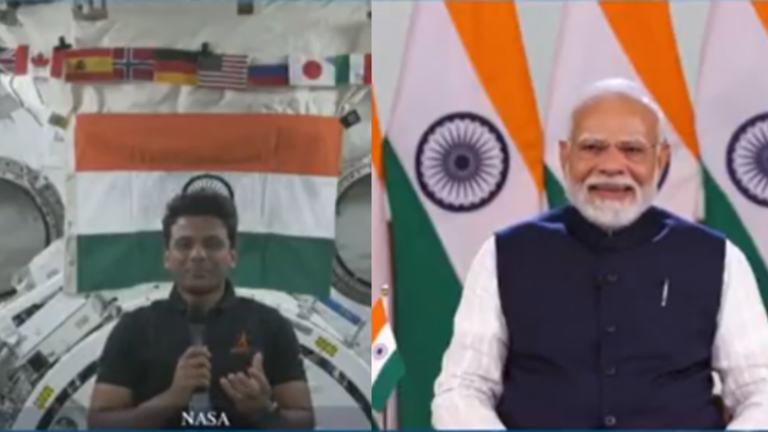Jairam Ramesh Asks Modi: Terrorism or PR? Why No All-Party Meet After Pahalgam Attack?
Congress MP Jairam Ramesh has publicly pressed Prime Minister Narendra Modi to address urgent national security concerns that emerged after the April 22 Pahalgam terror attack. He highlighted that, despite India convening all-party meetings on the attack’s fallout, the PM has not personally chaired such a session nor involved party leaders in a detailed review. Ramesh insists this silence undermines democratic oversight at a critical time when threats from across the border and new technologies demand collective scrutiny.
Call for All-Party Meeting on Security Challenges After Pahalgam Attack
#WATCH | Delhi: Congress MP Jairam Ramesh says, "It was natural that the Prime Minister meet all the 50 MPs who were members of these seven delegations that went to 32 countries. That was not a surprise as far as we were concerned. But we have only four simple questions. We would… pic.twitter.com/MTPq3OyEeG
— ANI (@ANI) June 11, 2025
Jairam Ramesh’s first question is direct: when will the Prime Minister convene an all-party meeting with leaders—not just MPs—to take them into confidence on internal and external security challenges triggered by the Pahalgam terror attack? He notes that from the night of April 22, the Congress urged an all-party discussion chaired by the PM, yet that meeting has not occurred under his direct leadership. Ramesh argues that such a forum is essential for unified national resolve, pointing out that piecemeal briefings cannot substitute a full debate involving all stakeholders. He warns that ignoring these calls risks politicising security and alienating opposition parties at a time when unity is vital to counter cross-border terrorism and maintain public confidence.
Demand for Kargil-Style Security Review & Extended Monsoon Session Debate
Ramesh’s second question invokes the precedent of the post-Kargil Review Committee. He asks whether there will be a similar exercise after the Chief of Defence Staff’s revelations from Singapore on Operation Sindoor losses and strategy, and if the findings will be compiled into a report tabled in Parliament. He cites how Vajpayee’s government set up the Kargil committee within days of conflict, with its report presented in Parliament for transparency and lessons learned. Ramesh stresses that revelations abroad must be followed by an independent review at home, covering defence preparedness and broader political dimensions—including China-Pakistan nexus—before Parliament.
His third question focuses on the Monsoon Session: will the PM allow a full two-day discussion on evolving security threats—China’s behavior, Pakistan-backed terror, and challenges posed by emerging technologies? Ramesh points out that cutting-edge tech and geopolitical shifts require exhaustive parliamentary debate so policy and budgets align with real-time threats. He implies that without such debate, strategic decisions lack democratic legitimacy and risk reactive policymaking. Although Ramesh mentions “four simple questions,” only three are detailed; this gap itself underscores the need for clarity from the government on all fronts.
Ramesh warns that sidestepping these demands—by focusing on unrelated agendas or retrospective commemorations—will be seen as diversionary. He calls on the PM to use the Monsoon Session for sober, transparent discussion on internal security, external threats, and technological risks, reinforcing India’s collective resolve and democratic process.





















